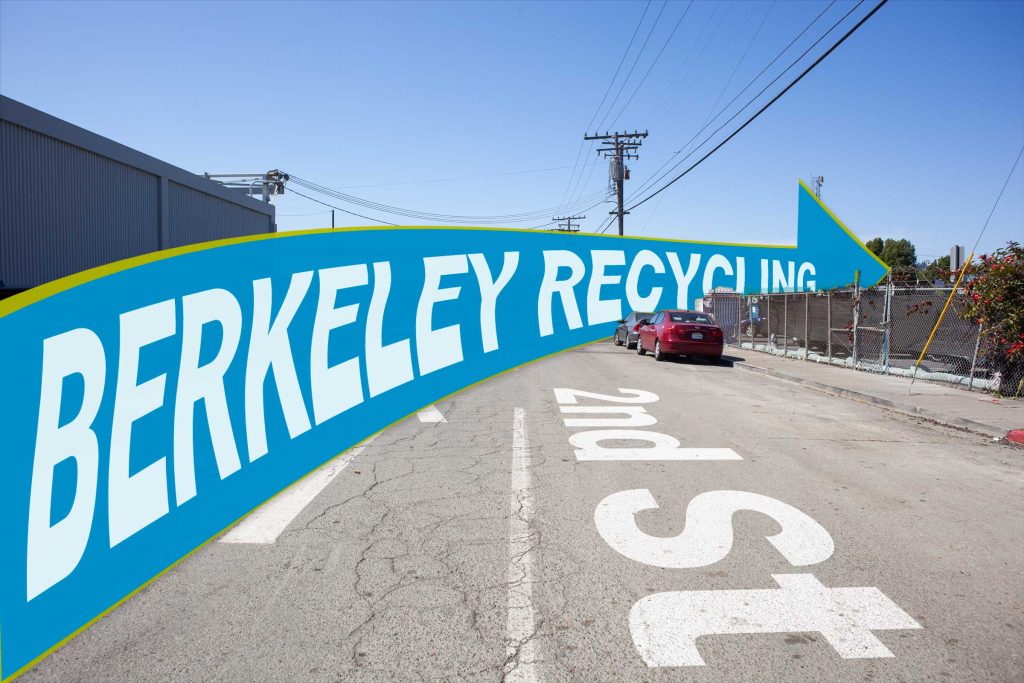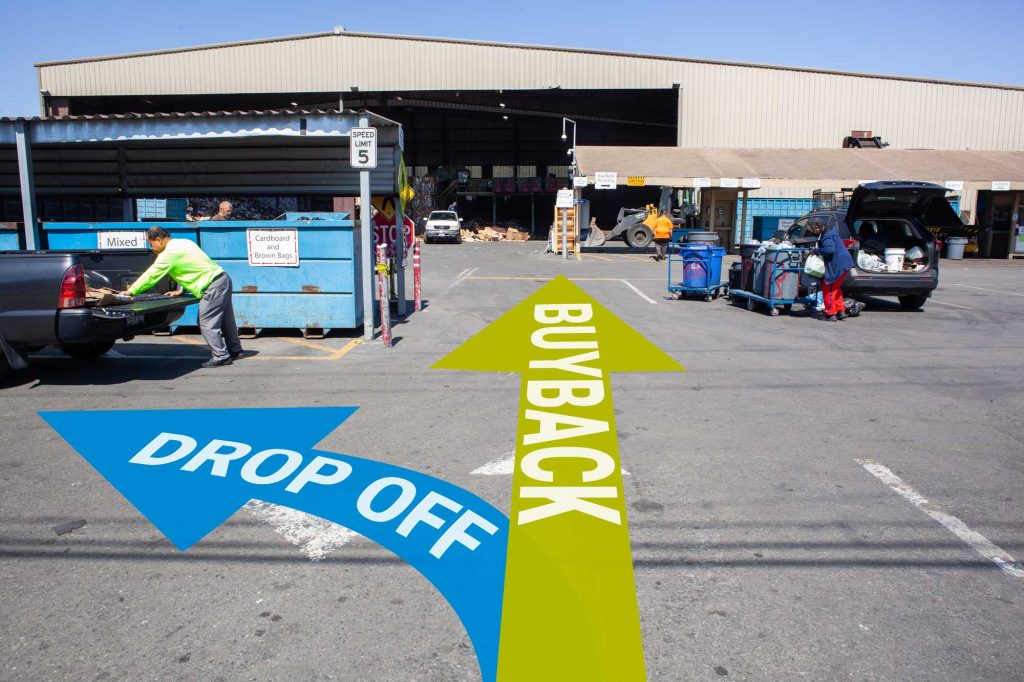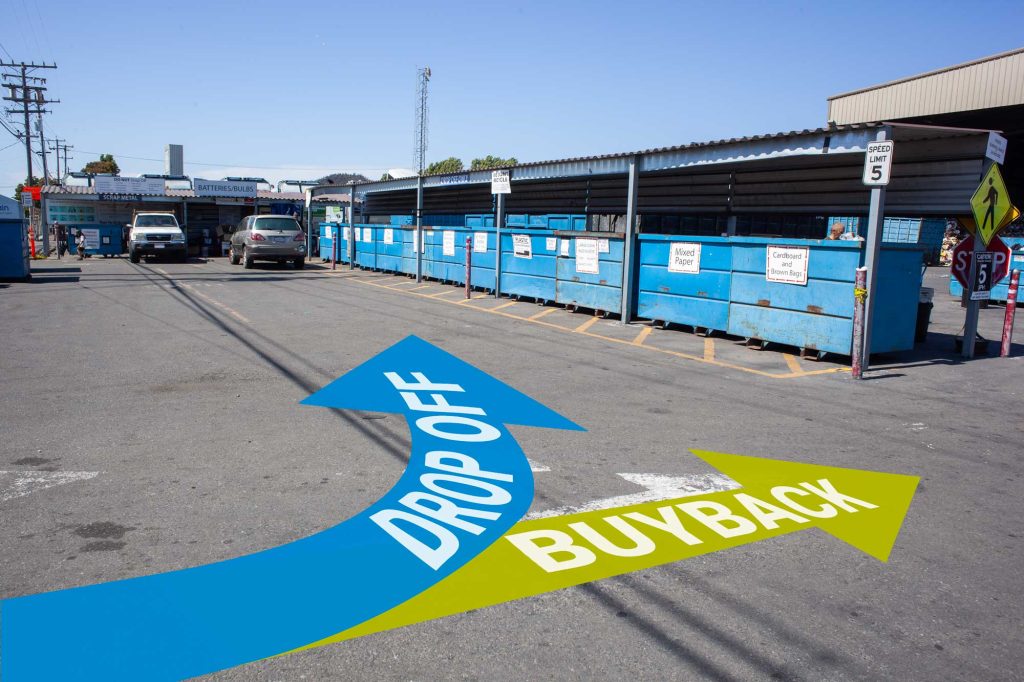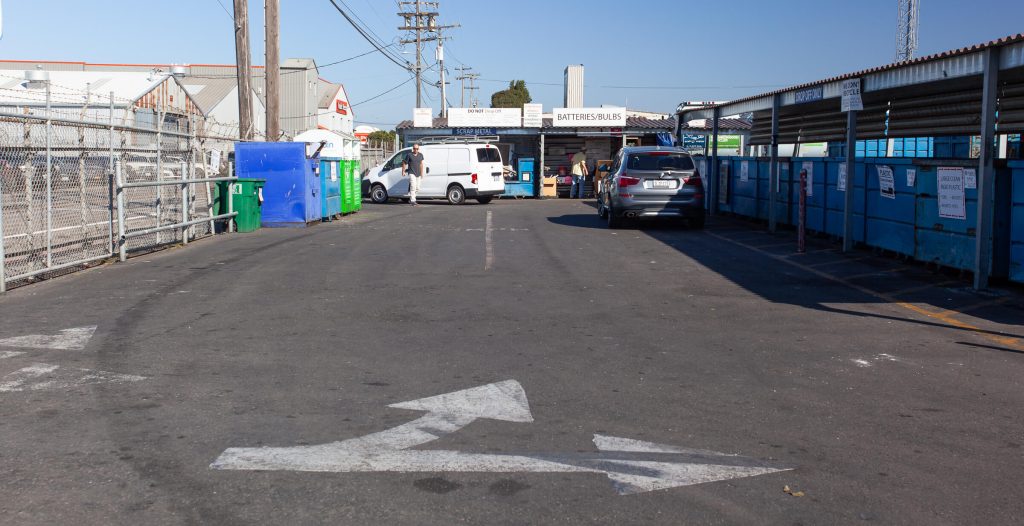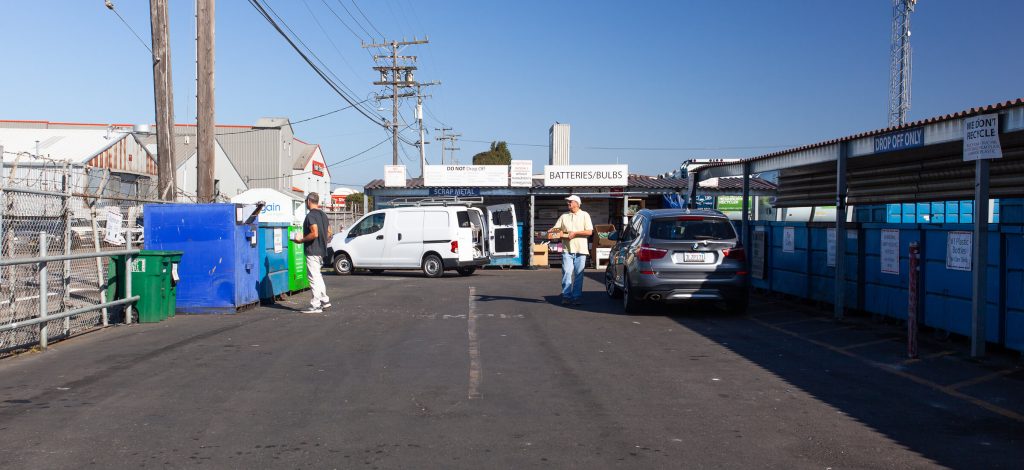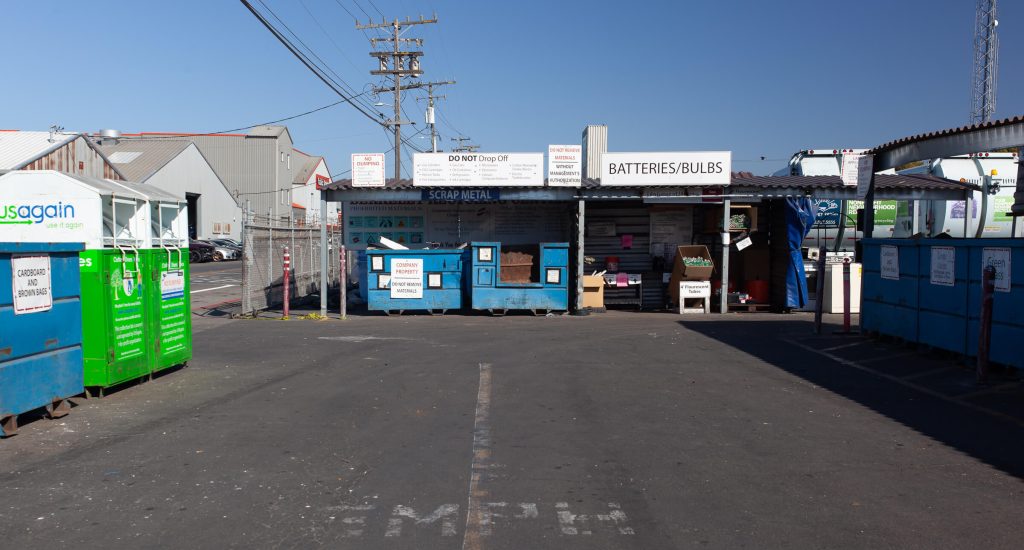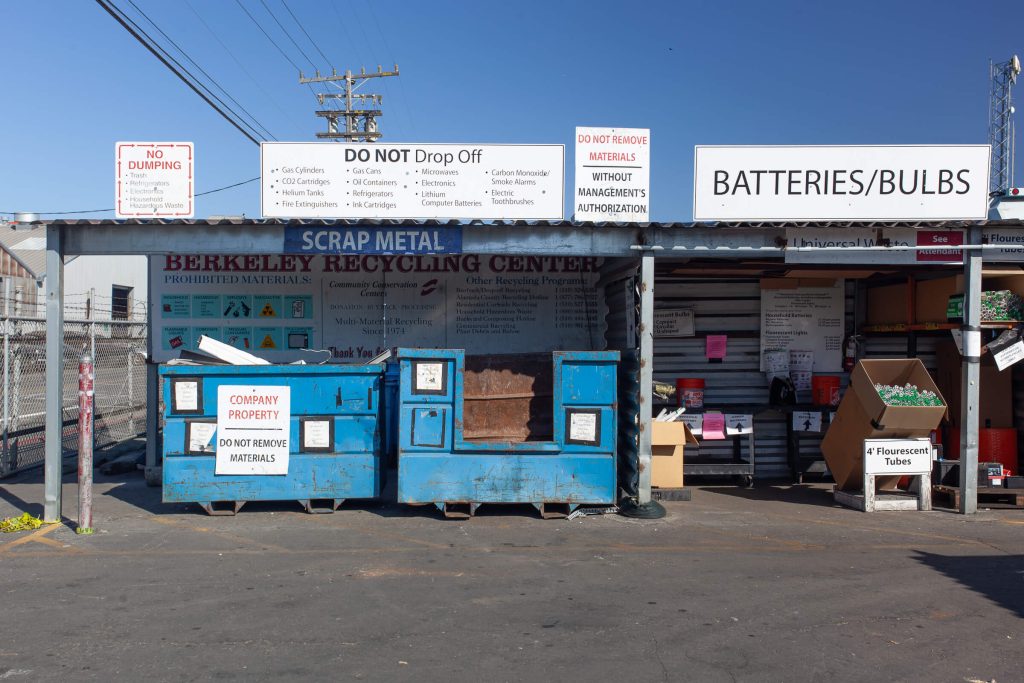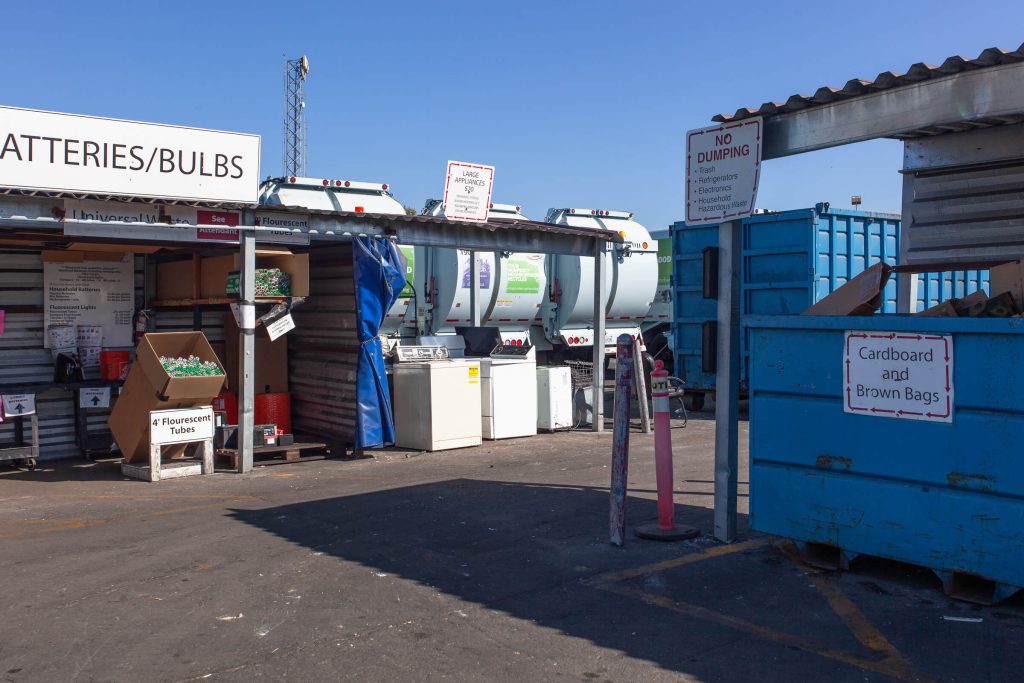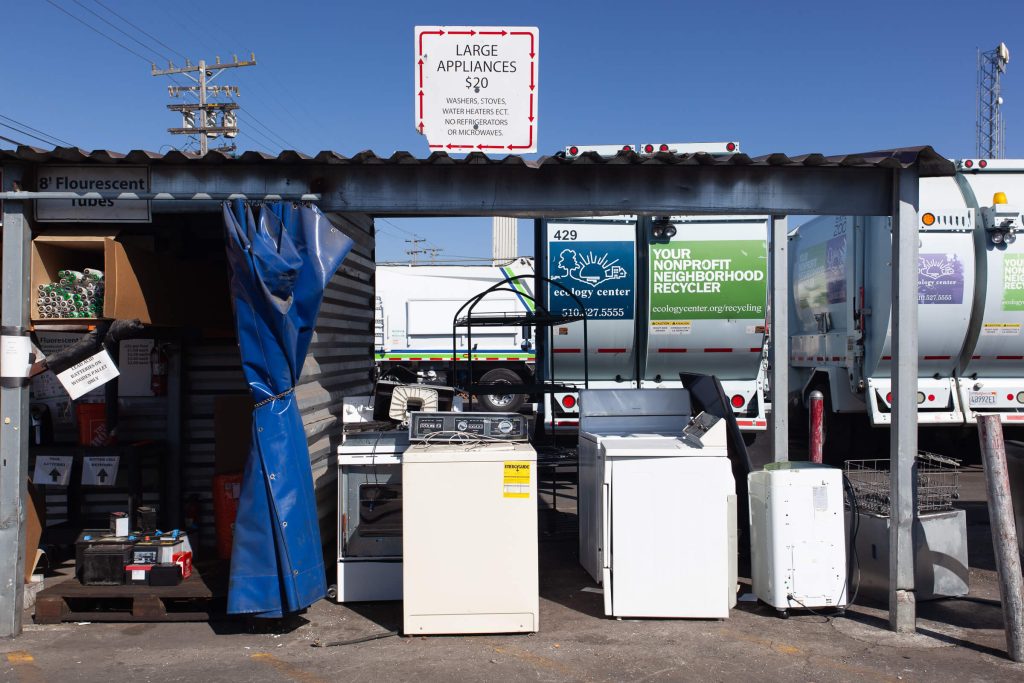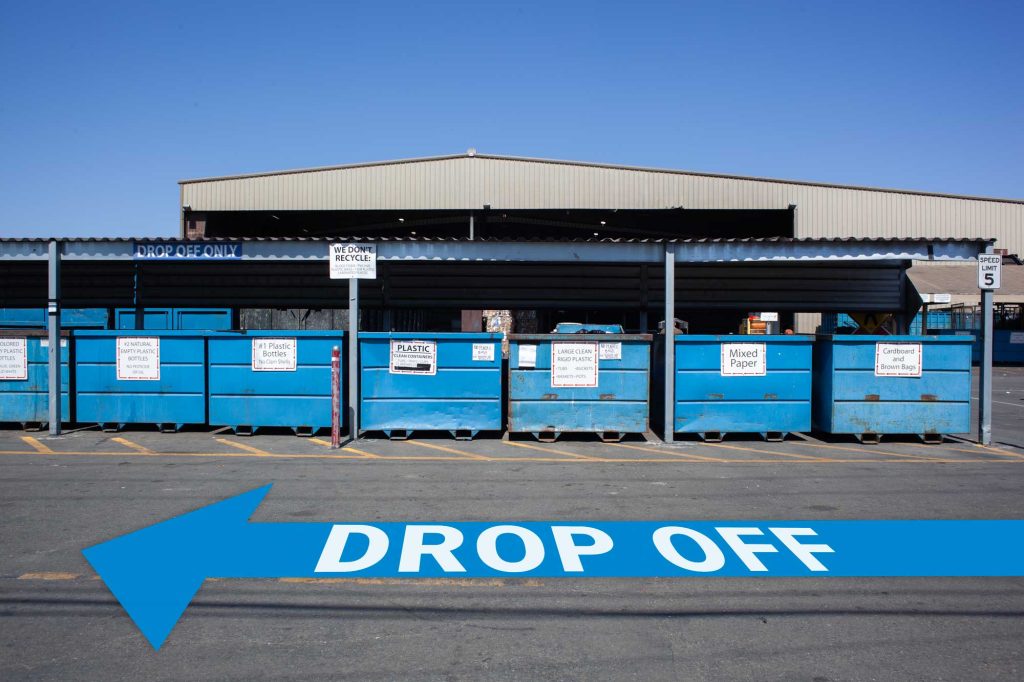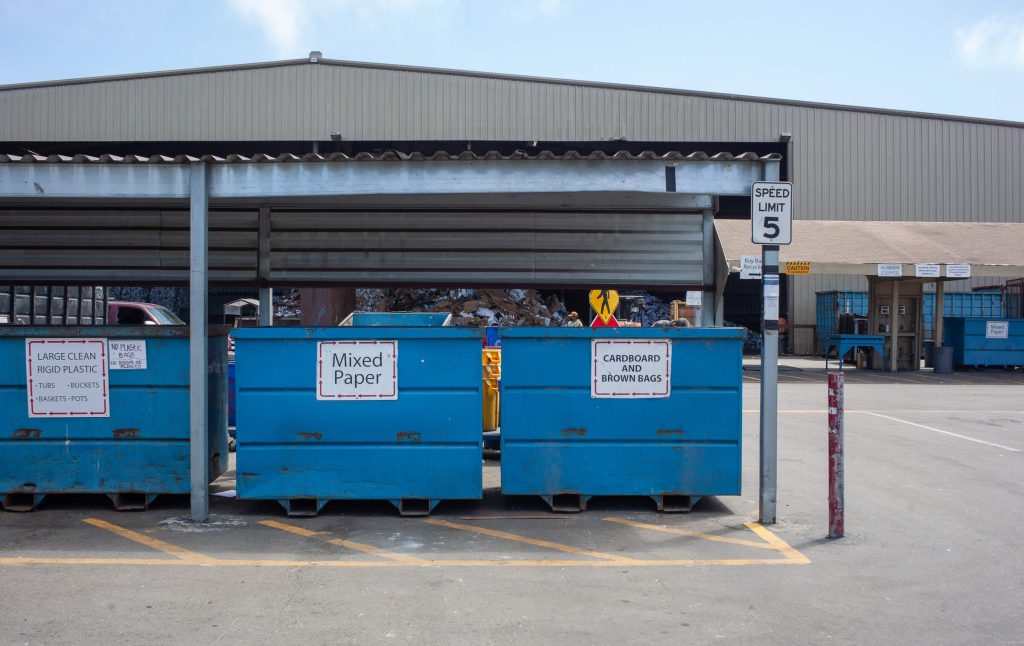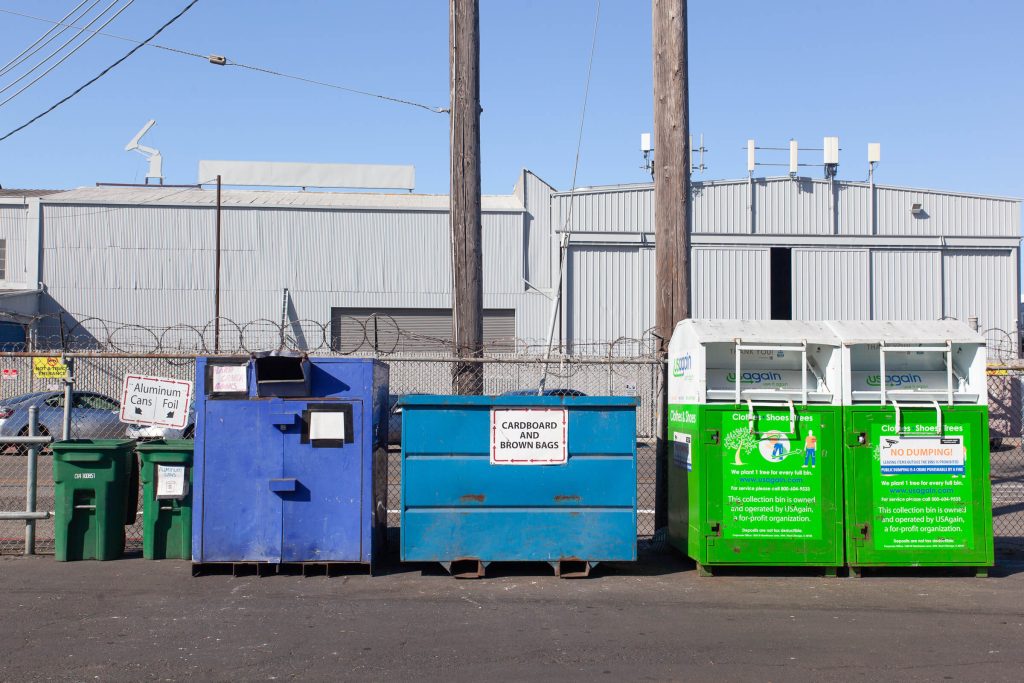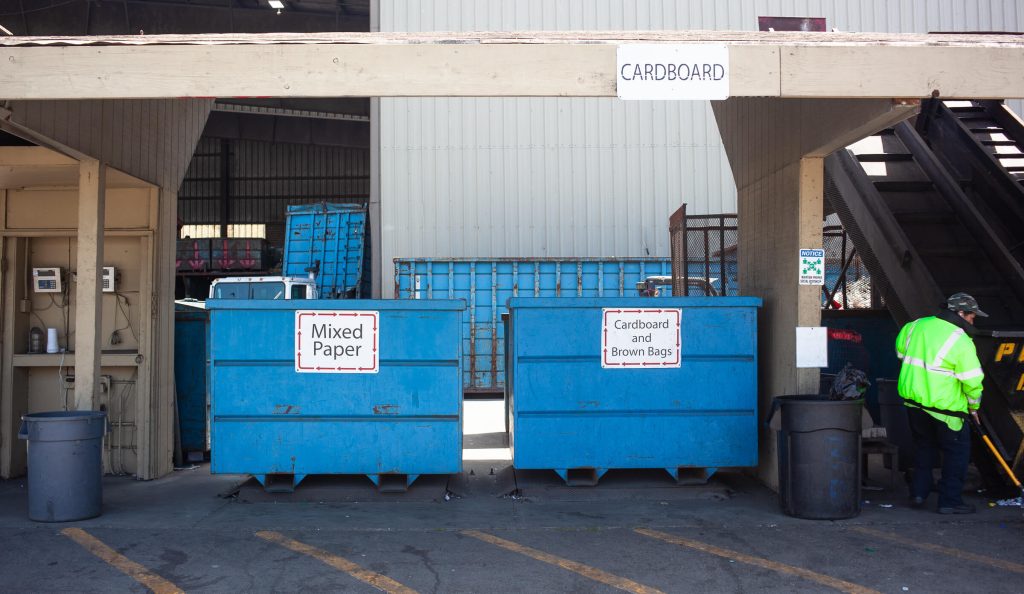Wishful recycling, also known as “wishcycling”, is the act of putting an item in the recycling bin with the hope that it is recyclable, even if it is not. This can lead to contamination of recyclable materials, which can damage recycling equipment and make it more difficult to recycle materials.
There are a number of reasons why people might engage in wishful recycling. Some people may not be aware of what materials are recyclable in their community. Others may be trying to do their part to reduce waste, even if they are not sure if an item is recyclable.
Whatever the reason, wishful recycling can have a negative impact on the environment. It is important to check with your local recycling program to find out what materials are accepted. If you are unsure if an item is recyclable, it is best to throw it in the trash.
Here are some tips to avoid wishful recycling:
- Check with your local recycling program to find out what materials are accepted.
- Rinse out food and beverage containers before recycling them.
- Remove any labels or stickers from containers before recycling them.
- Flatten cardboard boxes before recycling them.
- Do not recycle items that are contaminated with food, dirt, or other materials.
Items commonly found wishcycled at Berkeley Recycling:
Film plastics
Garden hoses
Window Glass, non-bottle glass (drinking glasses), ceramics (mugs)
Small plastic items – utensils, bottle caps, lids
Styrofoam – cups, plates, packaging
Aseptic packaging and gable top milk/juice cartons
For the above items please see our external resources page.
